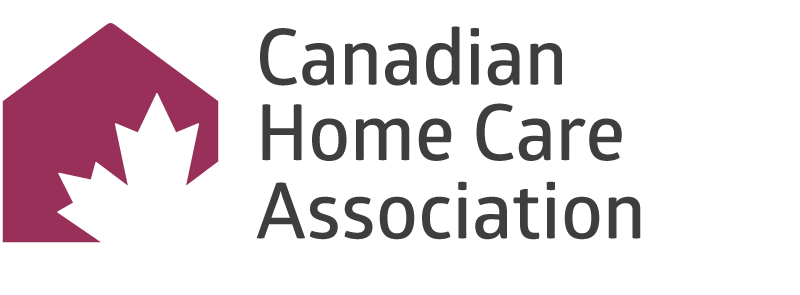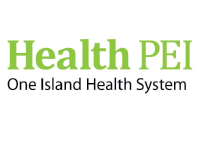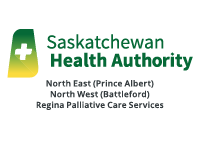Through the SPRINT-WCPR Implementation Collaborative, teams tested, adopted, and implemented a new way to support rapid, clinical problem solving for symptom burden in high-risk individuals with palliative care needs. This approach enhanced community capacity to deliver palliative care and shift care policies and programming. Implementing WCPR through the SPRINT-WCPR Collaborative improved operational excellence in home and community-based palliative care. Although the collaborative timeframe did not allow for the evaluation of quantitative data, members of the practice teams experienced early successes including:
- More holistic patient care
- Increased provider satisfaction
- More effective teamwork and improved relationships
- Engagement of physicians and timely feedback on patients’ conditions
- Advancement of provincial palliative care goals and strategies
- Increased exposure and awareness of best practices across the country










